
It has been 120 days since John Dramani Mahama return to the highest office of the land. In that short span my view is his presidency has pivoted on three defining pillars: restoring confidence, stabilizing institutions, and reshaping the narrative of national development.
For a nation burdened by economic uncertainty, institutional fatigue, and growing social discontent, Mahama’s re-emergence has been nothing short of consequential.
Perhaps the most notable shift has been in tone and posture. Mahama’s second coming has been marked by a tempered, inclusive approach. His administration wasted no time reasserting executive discipline, reviving cabinet coordination, and initiating anti-corruption audits in key public institutions.
The launching and introduction of performance contracts and code of conducts for ministers and MMDCEs and other government appointee signals a pragmatic focus on results, not rhetoric.
There is indeed a breath of fresh air in the system. As one notable businessman remarked during a recent conversation I had with him: “Chale, John Mahama has only been President for four months, but it already feels like the system is free.”
His words reflect a broader sentiment that; President Mahama has not only taken office but also reopened honest civic dialogue on pertinent national issues that make has made people feel a part of governance. This demonstrates a commitment to governing with the people, not merely for them.
In just 120 days, the Mahama administration has sent a clear and confident signal to the markets and investors, demonstrating a decisive break from past inertia and a renewed focus on macroeconomic stability. Through swift policy actions, enhanced transparency, and engagement with both domestic stakeholders and international partners, the government has begun to rebuild trust in Ghana’s economic management. This early momentum suggests a leadership committed not only to restoring investor confidence but also to laying the groundwork for sustainable and inclusive growth.
Also, the noticeable stability and even appreciation of the cedi against major currencies, is clearly driven by a renewed commitment to central bank independence and disciplined fiscal management. A streamlined government structure, coupled with a freeze on non-essential public procurement, has begun to ease pressure on the national budget and restore economic confidence.
The re-negotiation of select energy and extractive sector contracts demonstrates a strategic intent that Ghana must get fairer value from its natural resources. Early wins, like the revised Sankofa gas revenue formula and royalty tracking in the gold sector and the establishment of the Goldbod referred to by many as “The Game Changer” underscore a proactive economic team committed to delivering the “Ghana We Want”.
In line with Mahama’s legacy as a social democratic leader, the past four months have seen a reactivation of key welfare programs. The Livelihood Empowerment Against Poverty (LEAP) initiative has been recapitalized, the National Health Insurance Scheme’s debts are being cleared in phases, and teacher and nursing trainee allowances have been fully restored this time with digital payment oversight.
Perhaps most significantly, the President has reemphasized technical and vocational training. New TVET centers have been commissioned, and a roadmap for aligning education with industry has begun rolling out in earnest.
Of course, the path ahead is anything but smooth. Inflation, while slowing, remains a threat to household incomes. Youth unemployment arguably Ghana’s ticking time bomb requires more than policy talk; it demands job creation at scale.
The Mahama government must also navigate a fragmented global economy, climate pressures, and lingering skepticism among middle class voters. Addressing these challenges will require sustained public engagement, greater transparency, and tangible improvements in everyday livelihoods critical steps toward rebuilding trust and ensuring lasting political and economic stability.
Although I admit that 120 days may be too short to measure transformative success of any government, I also appreciate that its indeed long enough to assess intent, direction, and tone. On all three counts, President Mahama has demonstrated clarity of purpose. Whether this early momentum can translate into long-term national renewal will depend on his administration’s ability to deliver deliberately, fairly, and fast.
For now, Ghana appears to be on a new trajectory one rooted in realism, tempered by past lessons, and driven by a renewed sense of urgency.
God Bless Our home land Ghana and Make her Great and Strong.
By Nuacoo Nunoo
The post 120 Days of John Mahama: A return marked by urgency, clarity and measured optimism first appeared on 3News.
Read Full Story



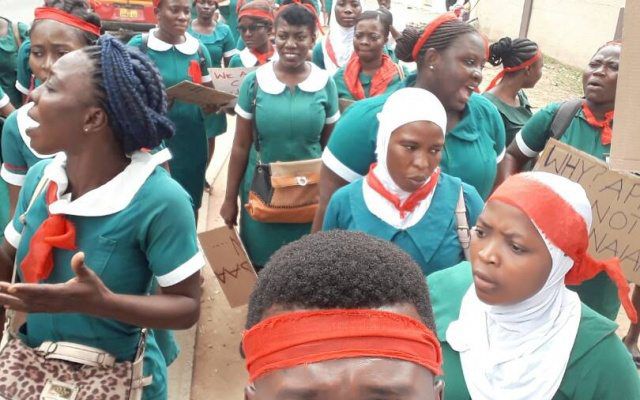


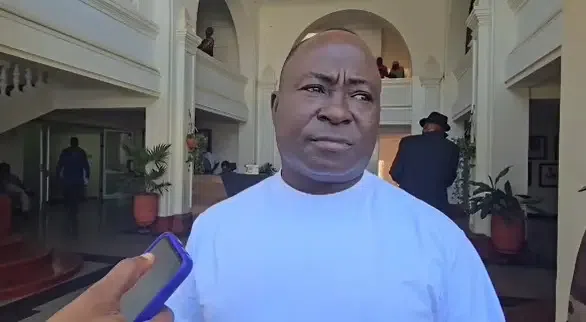
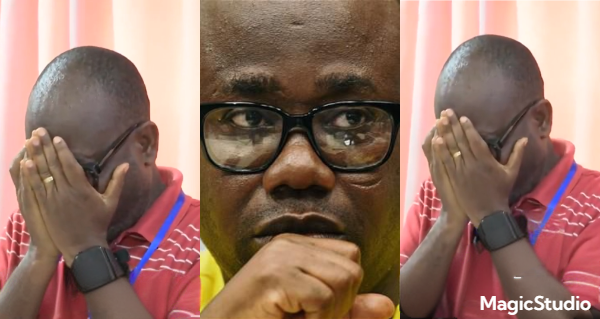

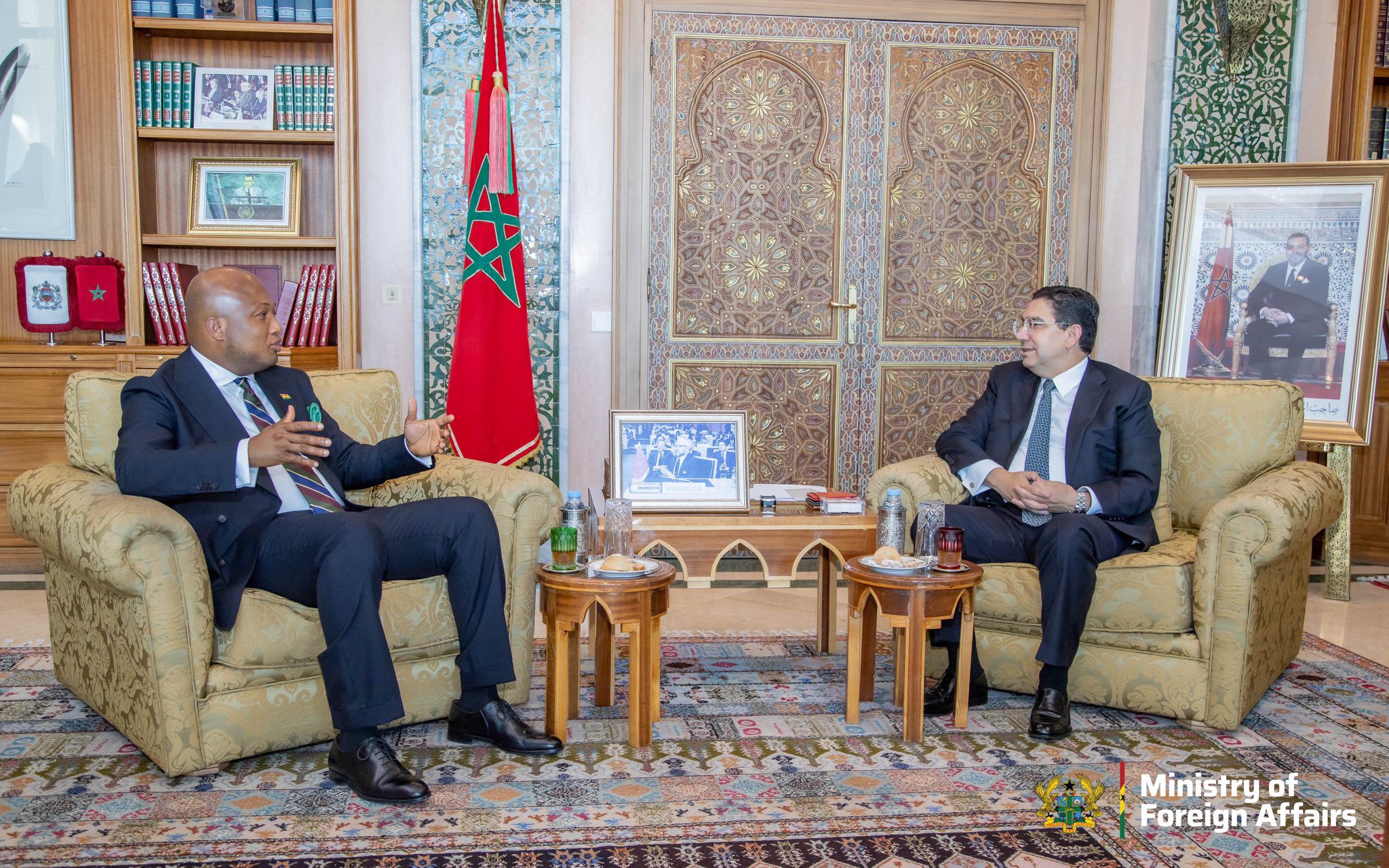




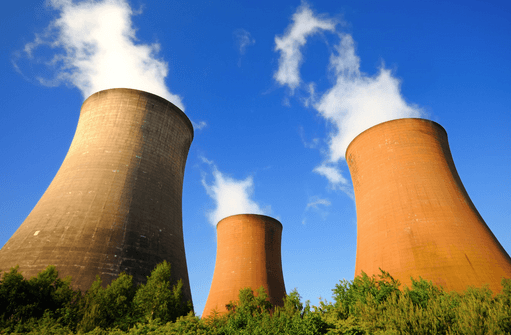
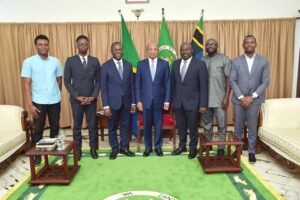




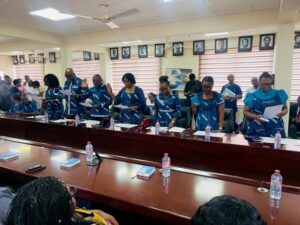
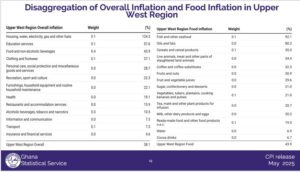
Facebook
Twitter
Pinterest
Instagram
Google+
YouTube
LinkedIn
RSS